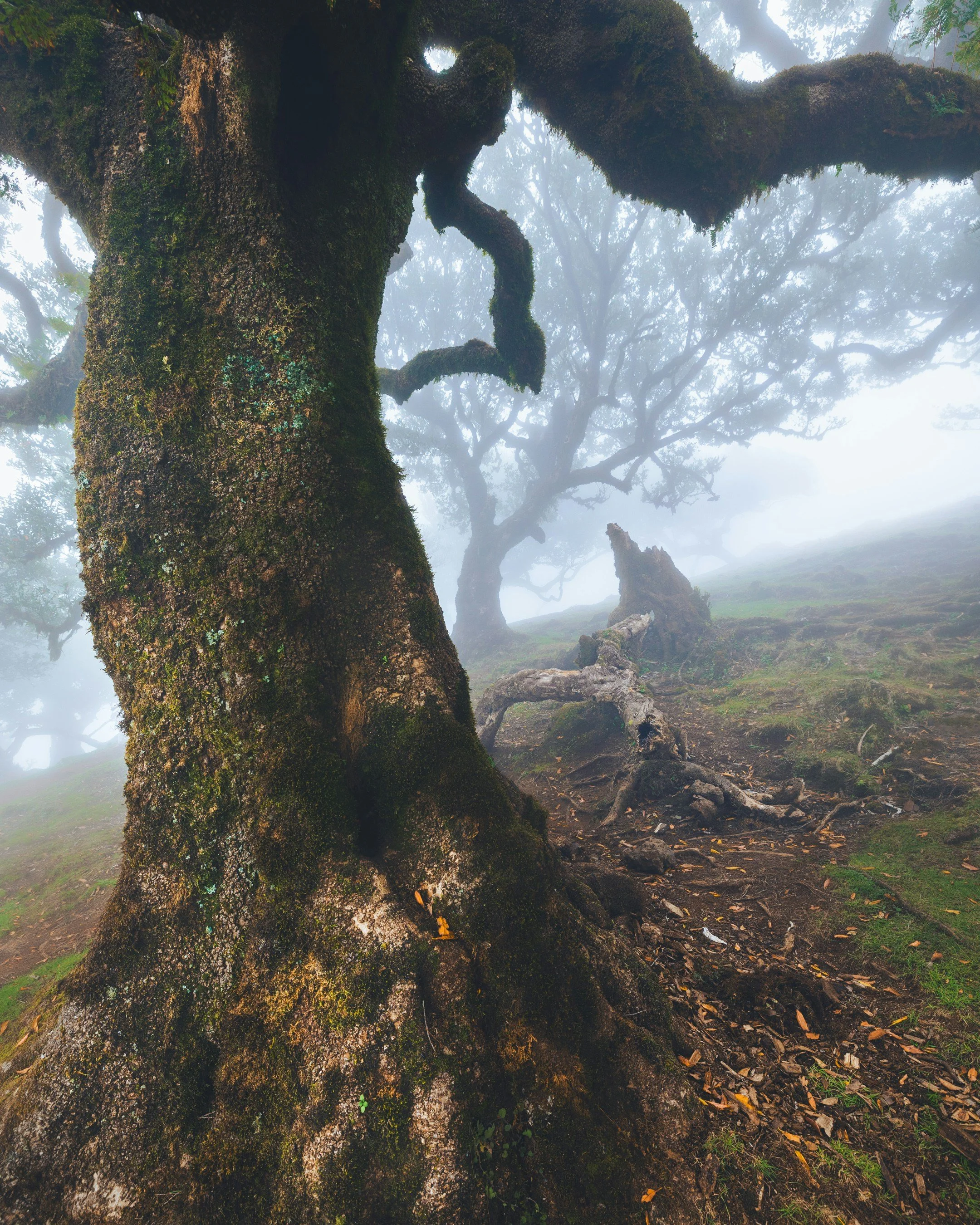Before the Roosters Crow
Ever since ancient times, it has been said that one should not set out on a journey before the roosters crow, because at night the kingdom of the samodivi comes alive (also known as samovili, vili, vidi, or yudi). These mysterious beings appear in Bulgarian legends that stretch back centuries and continue to exist in the folklore of the Bulgarian people to this day. The samodivi are an essential part of Slavic folklore more broadly, appearing under different names and forms across various Slavic regions, always associated with nature and danger.
Photo by Tomas Trajan on Unsplash
The samodivi are described as otherworldly beautiful forest spirits in female form, with long hair adorned with a wreath of magical flowers and an enchanting gaze. They live in nature, in places difficult for humans to reach. Dressed in white shirts and white woolen skirts, they inspire fear in people and are not considered friendly. They appear between Blagovets (March 25) - a Christian and folk holiday marking the Annunciation and believed to awaken nature - and Seknovenie (August 29), the day commemorating the beheading of St. John the Baptist, also seen in folklore as the time when dangerous spirits retreat. For the rest of the year, they live in Zmeykovo - a mythical village that only a magpie can reach. Each year, the samodivi invite the magpies to thresh their magical flower, smil (helichrysum).
They ride large deer, using snakes as whips and reins. It is believed they love music and are often described dancing in a circle (horo) to a magical melody played on a kaval (wooden flute) and tupan (traditional drum). In folklore songs and legends, samodivi are said to abduct not only beautiful young women, but also talented men - especially skilled kaval players and drummers - so they can keep them as musicians to play for their endless celebrations in the forests (using them as entertainment slaves, of sorts).
It is widely believed that if someone wanders through nature at night and hears laughter, songs, or what seems like the sounds of a joyful celebration coming from the forest, they should run. These are often taken as signs that one has stumbled upon a samodiva gathering - and no one dares to see what would happen if they linger.
The samodivi feel enmity toward humans and bring much harm - pursuing and killing, or blinding shepherds who enter their pastures, blinding or abducting young women out of envy and malice. They are believed to have the power to cause droughts, as they are rulers of water.
Still, some folklore songs tell of samodivi who befriend humans - such as Stana, Dena, Smita, Vida Bazdardzhiika, and others. In these songs, they sometimes help young mothers during harvest, or form bonds with men who have done them a kindness, even bearing their children.
Legends about samodivi are found in every corner of Bulgaria.
A little-known place steeped in mysterious samodiva stories lies between Vratsa and Montana - the Sopovo area near the village of Stoyanovo. According to local lore, the deep rock holes of the Botunya River canyon are inhabited by samodivi, and it is there that the mythical village Zmeykovo is located. The samodivi fiercely guard these holes, and anyone who dares to peek into them may provoke their wrath. Locals claim that the samodivi bathe their children - fathered by strong men - in the waters flowing through the holes.
Folk tales say that Krali Marko, the legendary Balkan hero, was nursed by a samodiva, and that is how he gained his immense strength and heroic status. According to the locals, he was raised in those very rock holes, making this place not only a center of mystery but also the mythic cradle of one of Bulgaria’s greatest folk heroes.
So next time you find yourself hiking through the forested mountains of Bulgaria, and the night falls heavy and silent - listen closely. If you hear distant laughter, the haunting notes of a kaval, or the rhythm of dancing feet carried on the wind… don’t go looking. Slavic folklore has passed down this wisdom for generations: it’s better to run than risk crossing paths with a samodiva.
Just in case.
